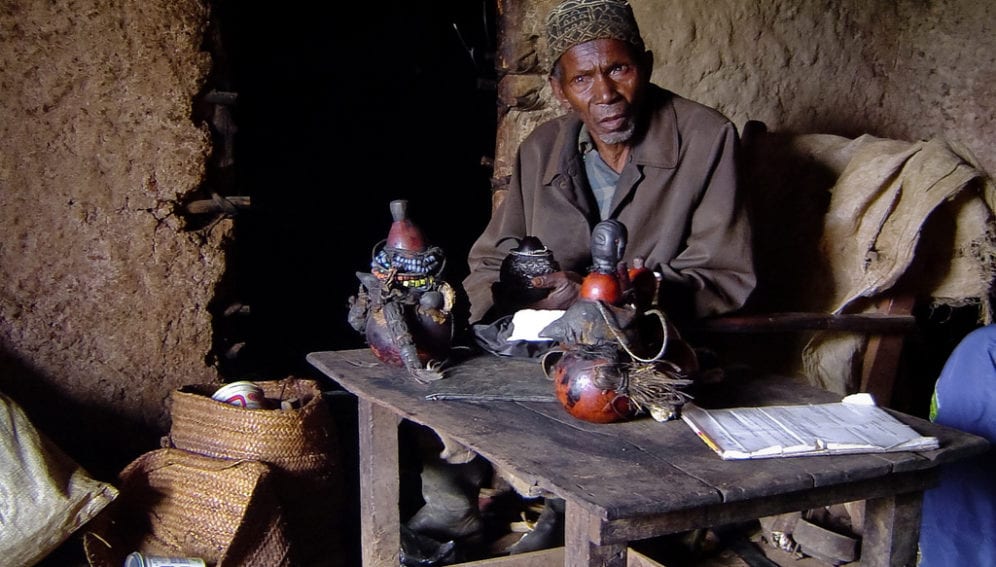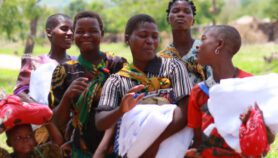By: Dann Okoth
Send to a friend
The details you provide on this page will not be used to send unsolicited email, and will not be sold to a 3rd party. See privacy policy.
[NAIROBI] A project that aims to use mobile app to bridge the gap between traditional healers and health professionals in improving access to mental healthcare in Tanzania has received a funding boost.
The project is among 22 projects announced this month (8 September) that have received funding from Grand Challenges Canada in the 7th round of its Stars in Global Health programme.
“We have devised a simple mobile tool to be used by traditional healers to help identify such patients.”
Pamela Kaduri, Muhimbili National Hospital, Tanzania
Pamela Kaduri, the project’s principal investigator and a lead psychiatrist at the Muhimbili National Hospital in Tanzania, says 60 to 70 per cent of mental patients in the country seek care from traditional healers.
But Kaduri adds that the healers tackle only the spiritual aspect of the treatable disease without treating biological causes, thereby compounding a growing public health problem.
However, using the new invention, traditional healers are now able to refer the patients to qualified psychiatrists in public medical facilities.
“We have devised a simple mobile tool to be used by traditional healers to help identify such patients,” says Kaduri.
Kaduri tells SciDev.Net that his team is translating the app into local Kiswahili language to suit the local population.
Kaduri says the project is targeting 50 traditional healers for the roll-out in October. The 50 are currently being trained to familiarise themselves with the application before the roll-out.
The 22 projects were selected from 620 submissions received from all over the world, says Ken Simiyu, a programme officer at Grand Challenges Canada.
“The projects selected are bold and transformative and, if successful, can have significant health impacts, ultimately saving and improving lives in the developing world,” Simiyu adds, stressing that the innovations must be affordable to those who need them the most.
Each innovator is given 112,000 Canadian dollars (nearly US$102,000) and has 12 to 18 months to prove their concepts. If successful, they are eligible to apply for further funding of up to almost US$908,000, Simiyu explains.
Twelve of the 22 projects are to be undertaken in Africa, including an innovation that seeks to promote health literacy in Madagascar through simple mobile phones that will have 350 audio files of important health messages for rural dwellers in the country.
Robert Mathenge, a surgeon at Nairobi Hospital in Kenya, says innovative health options could help countries such as those in Africa where there is a lack of adequate health infrastructure and health professionals.
“ICT [information communication and technology] health solutions are especially vital because they not only connect patients to immediate local caregivers, but [they] link them to national and international experts,” he says.
This article has been produced by SciDev.Net's Sub-Saharan Africa desk.














